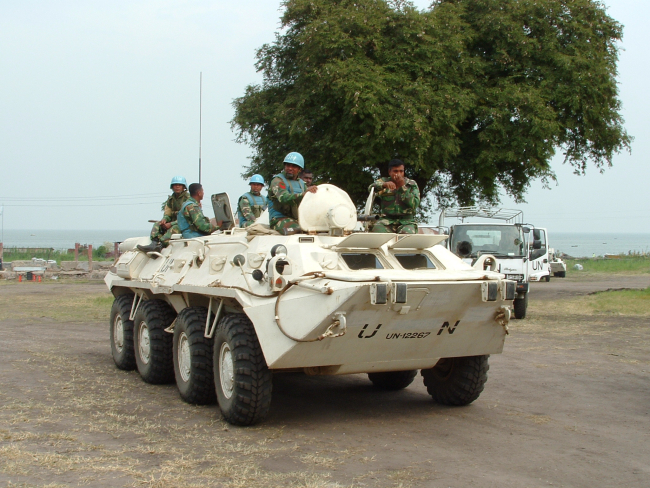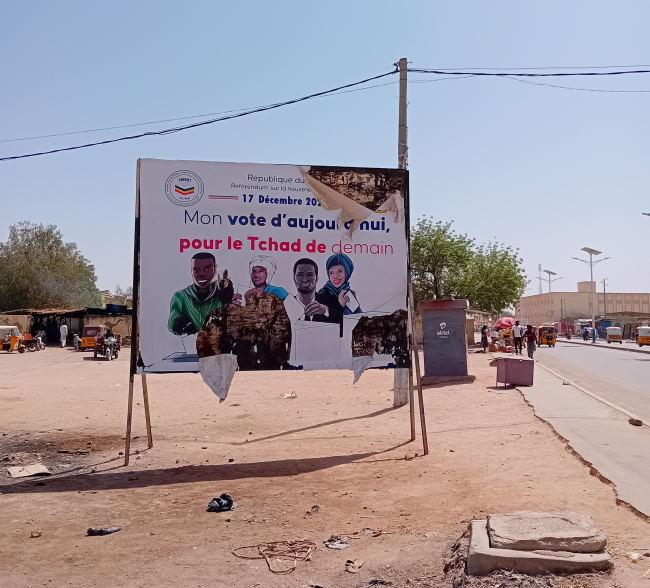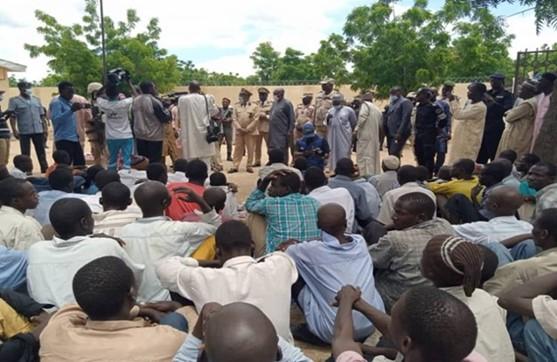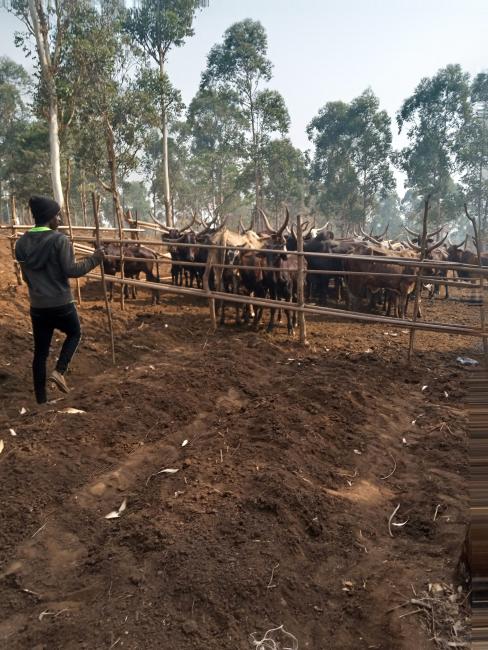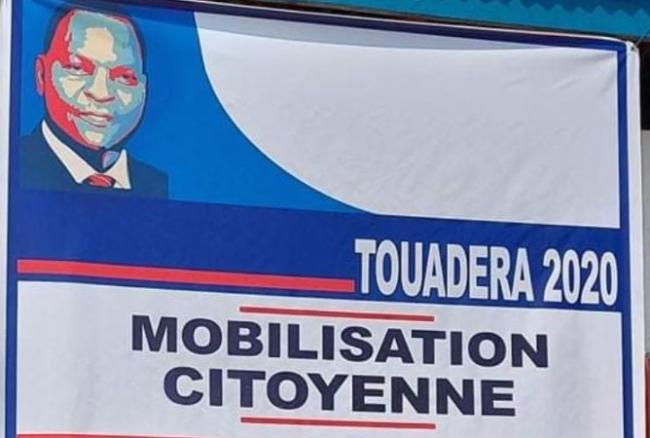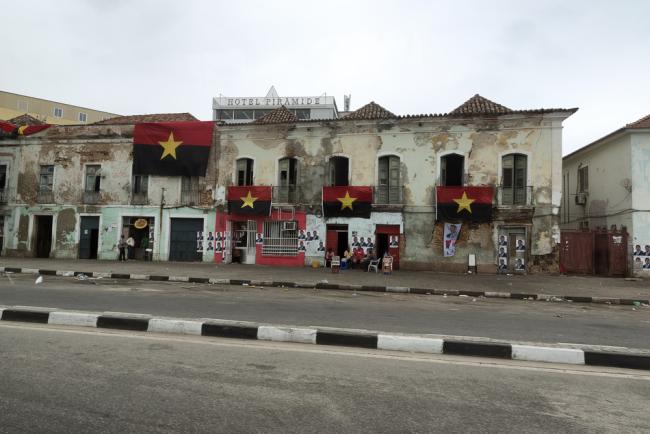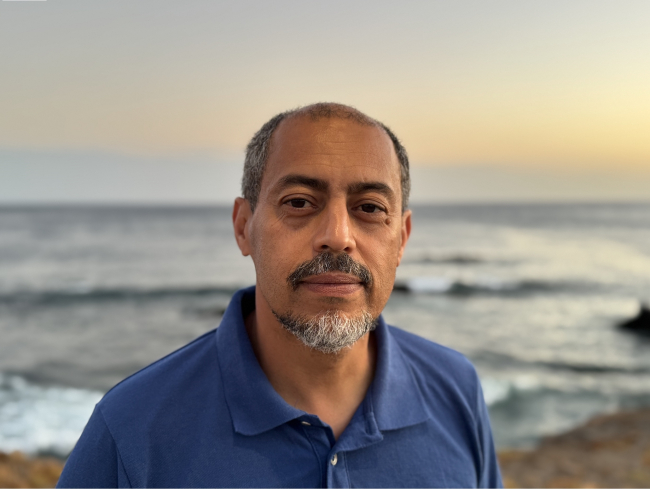Central Africa
Central Africa, a political, economic and societal mosaic, is analyzed in terms of its regimes, elections, natural resources, religious and social dynamics, and relations with its partners.
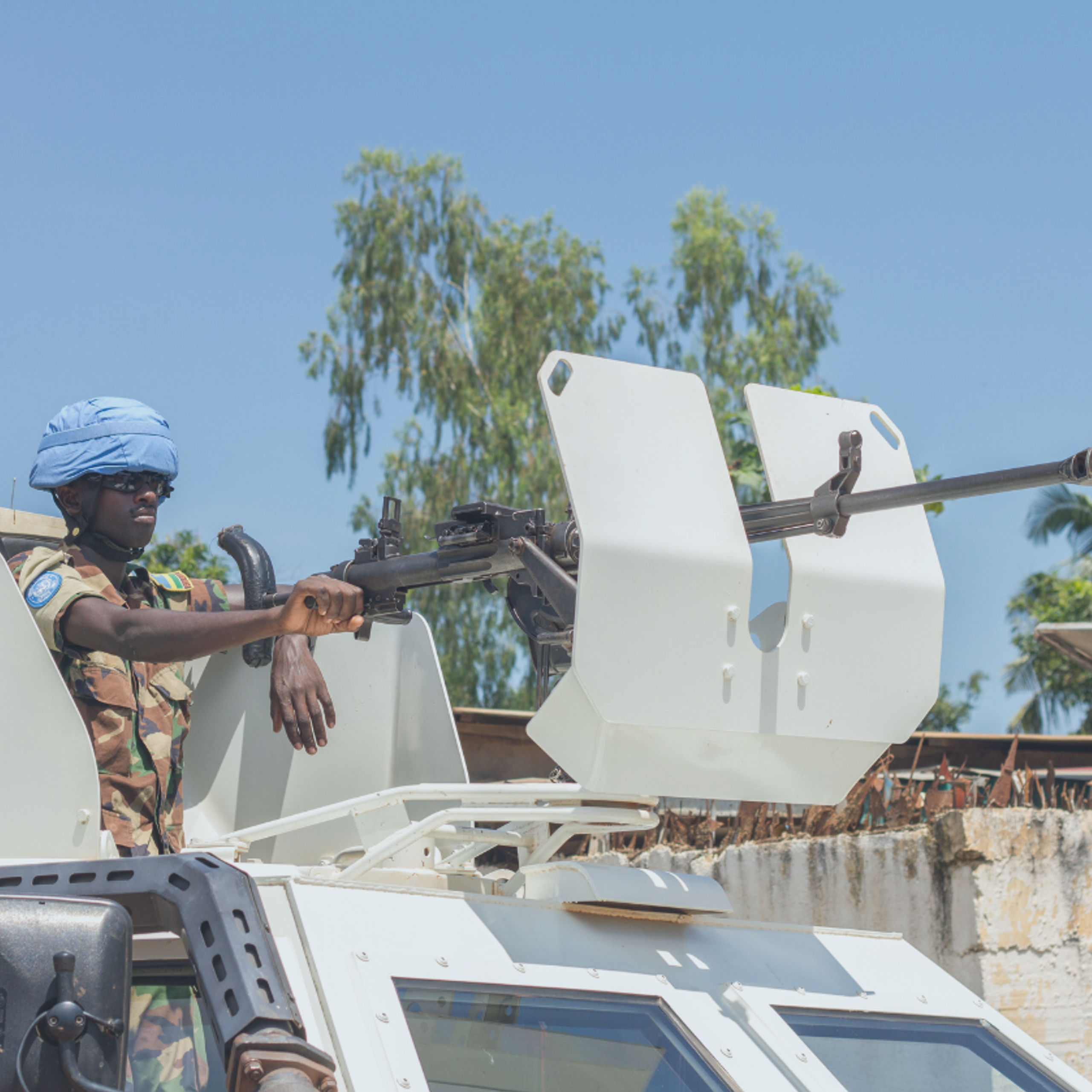
Gabon: Has an — Almost — Exemplary Transition Produced a New Political Model?
In two rounds of voting, on September 27 and October 11, 2025, the citizens of Gabon elected the members of both their local councils and the new national assembly. This marked almost the final stage of political transition, little more than two years after the coup d’état that had overthrown the more than five decades old dynastic regime of the Bongos — Omar, the father, who died in office in 2009, and then his son Ali, who is now in exile.
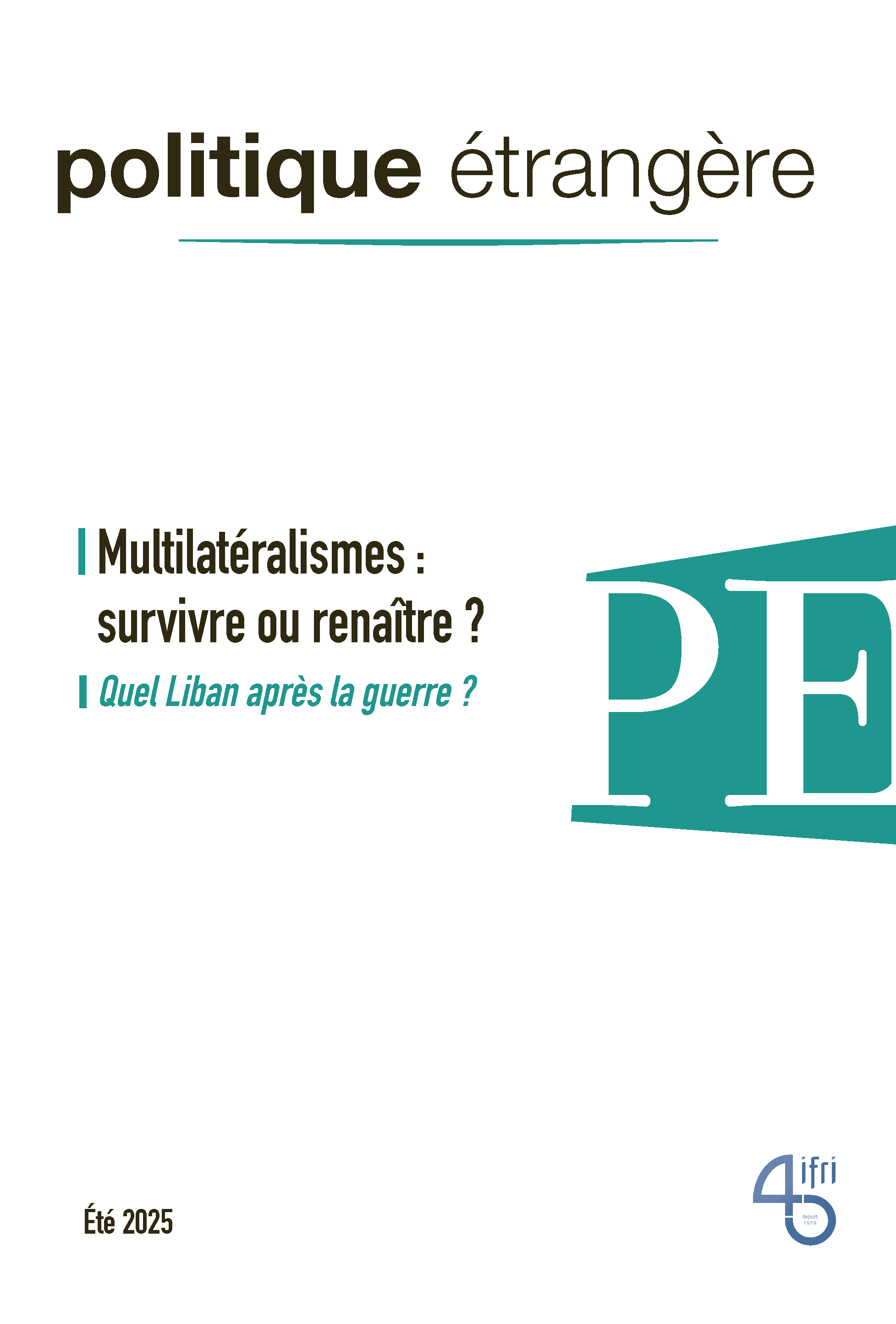
Multilateralisms: Survival or Revival?
The organized multilateralism born out of the Second World War and the Cold War, and revived in the 1990s with the dream of a world of peaceful “global governance,” has fizzled out. The erosion of the large universal frameworks (United Nations, World Trade Organization, arms control and disarmament, international criminal justice, and so on) did not give way to a void but to an excess: a multitude of agreements and schemes that bore witness to the accelerated rebuilding of international relationships. Will institutional anarchy and the open competition of interests visible in uninhibited struggles for power be able to organize themselves around common fundamental interests in the future?
The Contradictory Impacts of Western Sanctions on Economic Relations between Russia and Sub-Saharan Africa
How does Russia maintain economic ties with Africa despite Western sanctions? An analysis of investments, trade, and the circumvention strategies deployed by Moscow.
The United Nations Mission in Congo or the exemplary uselessness of the United Nations peacekeepers
During the M23 conflict in 2012-2013 in the Democratic Republic of Congo (DRC), the United Nations (UN) took the diplomatic initiative (by initiating the Addis Ababa agreement) and the military initiative (by launching a coordinated counter-offensive with the Congolese army). Since the resurgence of this conflict in 2022, the United Nations, which still has more than 10,000 peacekeepers deployed in eastern DRC, no longer plays any role.
Chad: from Deby to Deby. Recipes for a successful succession (2021-2024)
As in Togo and Gabon, the transition that took place in Chad from 2021 to
2024 resulted in a dynastic succession. Mahamat Idriss Deby succeeded his
father, Idriss Deby Itno, who was President of Chad from 1996 to 2021. While
the majority of Chadians were hoping for a change of government, the “Deby
system” has managed to hold on.
The national DDR policy for Boko Haram ex-combatants in the Extreme North of Cameroon. Issues, challenges and limits
Surprised and harassed by Boko Haram’s atrocities from mid-2013, the Cameroonian authorities initially responded with strong military and judicial responses that helped to contain the threat and regain control of the situation.
Mbororo Fulanis in the Anglophone Crisis: From Land Disputes to a Regional Conflict
This study highlights the particular situation of the Mbororo minority, which has settled in the Northwest English-speaking province that is more conducive to livestock farming than the Southwest.
The Peuls Mbororo of North Cameroon: Insecurities of a Pastoral Society and Limits of a Hybrid Security Response
The Mbororo are Fulani who, unlike the Fulbe, have not become sedentary and have practiced nomadic herding for a long time. However, over the past several decades, they have been undergoing a sedentarization process in northern Cameroon (Septentrion), to the point that many of them have become semi-sedentary and agro-pastoralists.
This community of herders faces environmental, land, fiscal and criminal insecurities.
Central African Social Media at the Dawn of the Elections : An Advanced Symptom of a Coming Political Crisis
Although the Central African Republic remains a very weakly connected country with an Internet penetration rate of 14% in 2020, citizens begin to appropriate the use of social networks.
Portugal and Lusophone Africa: Complex Postcolonial Relationships
Whereas the strong ties between France and its former colonies in Africa have been studied extensively, the relationships between Portugal and Lusophone Africa have attracted less attention. This editorial offers insights into the political, economic, and diplomatic interactions between Lisbon and different African countries.
Gabon: Has an — Almost — Exemplary Transition Produced a New Political Model?
In two rounds of voting, on September 27 and October 11, 2025, the citizens of Gabon elected the members of both their local councils and the new national assembly. This marked almost the final stage of political transition, little more than two years after the coup d’état that had overthrown the more than five decades old dynastic regime of the Bongos — Omar, the father, who died in office in 2009, and then his son Ali, who is now in exile.

Multilateralisms: Survival or Revival?
The organized multilateralism born out of the Second World War and the Cold War, and revived in the 1990s with the dream of a world of peaceful “global governance,” has fizzled out. The erosion of the large universal frameworks (United Nations, World Trade Organization, arms control and disarmament, international criminal justice, and so on) did not give way to a void but to an excess: a multitude of agreements and schemes that bore witness to the accelerated rebuilding of international relationships. Will institutional anarchy and the open competition of interests visible in uninhibited struggles for power be able to organize themselves around common fundamental interests in the future?
The Contradictory Impacts of Western Sanctions on Economic Relations between Russia and Sub-Saharan Africa
How does Russia maintain economic ties with Africa despite Western sanctions? An analysis of investments, trade, and the circumvention strategies deployed by Moscow.
The United Nations Mission in Congo or the exemplary uselessness of the United Nations peacekeepers
During the M23 conflict in 2012-2013 in the Democratic Republic of Congo (DRC), the United Nations (UN) took the diplomatic initiative (by initiating the Addis Ababa agreement) and the military initiative (by launching a coordinated counter-offensive with the Congolese army). Since the resurgence of this conflict in 2022, the United Nations, which still has more than 10,000 peacekeepers deployed in eastern DRC, no longer plays any role.
Chad: from Deby to Deby. Recipes for a successful succession (2021-2024)
As in Togo and Gabon, the transition that took place in Chad from 2021 to
2024 resulted in a dynastic succession. Mahamat Idriss Deby succeeded his
father, Idriss Deby Itno, who was President of Chad from 1996 to 2021. While
the majority of Chadians were hoping for a change of government, the “Deby
system” has managed to hold on.
The national DDR policy for Boko Haram ex-combatants in the Extreme North of Cameroon. Issues, challenges and limits
Surprised and harassed by Boko Haram’s atrocities from mid-2013, the Cameroonian authorities initially responded with strong military and judicial responses that helped to contain the threat and regain control of the situation.
Angola under Lourenço. Towards a Negotiated Hegemony
In a matter of months, Luanda politics became unrecognizable. The reasons why, and the ways in which, João Lourenço, President of Angola since september 2017, proceeded to these substantial and unexpected changes will be analyzed in detail in the pages that follow.
“Although mining is a long-term business, very few companies do prospective studies”
As global demand for critical minerals accelerates, Central Africa finds itself once again at the heart of an extractive race—this time driven by the energy transition. Thierry Vircoulon, Associate Research Fellow at Ifri's Sub-Saharan Africa Center, and Coordinator of its Observatory of Central and Southern Africa, shares a sharp and sobering perspective. Speaking ahead of the ESSEC Institute for Geopolitics & Business webinar “Securing Critical Minerals” (2 July), he explores the paradoxes of resource governance, the rise of China, and why “clean energy” still runs on dirty politics. A must-read for those navigating the fault lines of global supply chains.


Angola awaits successor to long-ruling leader Dos Santos
Angola is expected to formally announce the end of President Jose Eduardo Dos Santos' controversial 37-year rule Saturday, and name a successor to lead the ailing African oil-producing country.
Doing Politics in African Cities Actors, Causes and Forms of Urban Social Mobilization
From Maputo to Nairobi and from Lagos to Dakar: recently, African cities have been the theatre of mobilizations by groups of young protesters.
Replay of Ifri's webinar held on April 17, 2025.
Support independent French research
Ifri, a foundation recognized as being of public utility, relies largely on private donors – companies and individuals – to guarantee its sustainability and intellectual independence. Through their funding, donors help maintain the Institute's position among the world's leading think tanks. By benefiting from an internationally recognized network and expertise, donors refine their understanding of geopolitical risk and its consequences on global politics and the economy. In 2025, Ifri supports more than 80 French and foreign companies and organizations.










